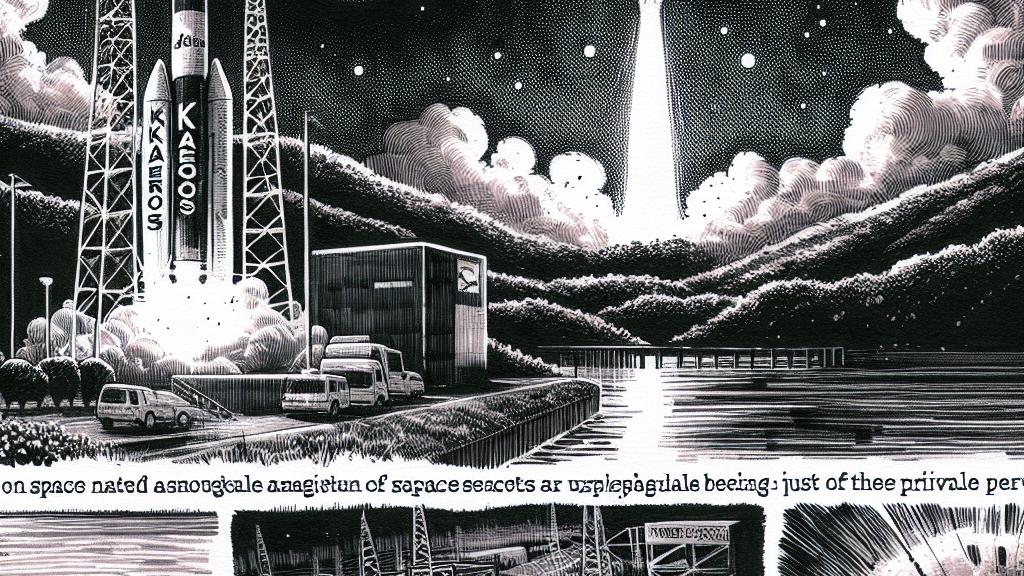Rocket Science Gone Awry: The Kaeros Explosion Conundrum!
Overview
- On March 13, 2024, SpaceOne's Kaeros rocket exploded shortly after liftoff in Wakayama, Japan.
- The explosion was due to flawed thrust predictions that triggered a self-destruct sequence.
- Aiming to rectify these issues, SpaceOne plans a second launch attempt in December 2024.

Incident at Launch
In a remarkable yet unfortunate incident on March 13, 2024, SpaceOne's Kaeros rocket met with disaster shortly after its launch from Wakayama Prefecture, Japan. This particular launch was historic, as it represented an ambitious objective to deliver a small government satellite into orbit, positioning SpaceOne as a potential leader in Japan's private space sector. However, the mission, which captivated public interest and hoped to pave the way for future private launches, was abruptly halted when the rocket exploded just seconds after liftoff, underscoring both the promise and perils inherent in the quest for commercial space exploration.
Understanding the Failure
The ensuing investigation revealed that the catastrophic failure of the Kaeros rocket resulted from significant inaccuracies in thrust calculations. SpaceOne’s engineers misestimated the rocket's thrust parameters, setting them higher than the actual performance. This miscalculation led the rocket's safety systems to mistakenly interpret a perceived lack of speed as a critical failure, causing it to initiate a self-destruct protocol seconds after launch. During a subsequent press conference, company officials laid out a transparent account of the failure, revealing that the processes for calculating thrust and safety settings would require thorough reassessment. This event not only highlights the importance of precision in aerospace engineering but also reflects the growing pains of the burgeoning private space industry.
Looking Forward with Optimism and Resolve
Undeterred by this setback, SpaceOne remains firmly committed to technological advancements and improvement. The company has set its sights on a new launch slated for December 2024, armed with lessons learned from the prior incident. In this second attempt, SpaceOne plans to carry a payload comprising various satellites, including a primary 50-kilogram satellite and four ultra-small satellites, each designed for specific mission objectives. Through rigorous analysis and recalibrated safety measures, SpaceOne aims to not only correct past errors but also restore the confidence of potential customers seeking dependable satellite launch services. In the long run, SpaceOne aspires to establish a routine launch schedule, targeting up to 30 launches annually by the 2030s, as they endeavor to create a more affordable 'space delivery' model, making satellite access more viable for diverse industries.

Loading...